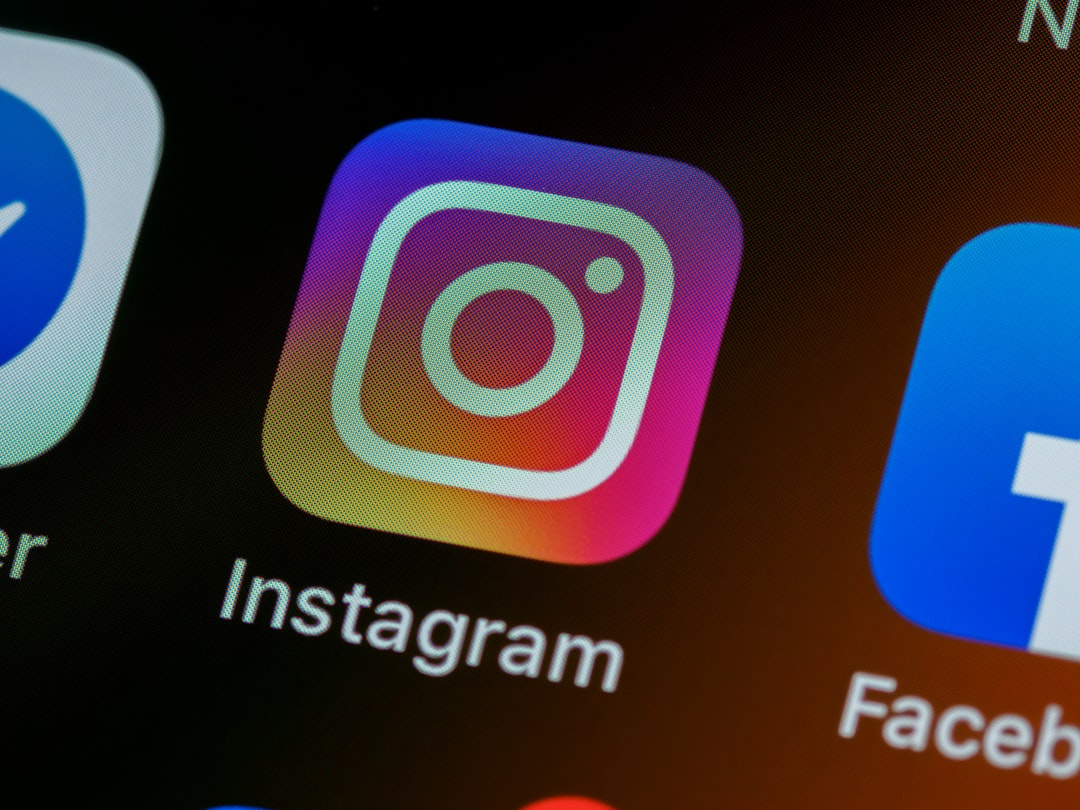What is it about?
Indefinite hyperbolic numerals are words like 'zillion' and 'umpteen' that look like number words and act like them linguistically, but are used to express a vague but large quantity. I look at the origin, history, and structure of these words in English (particularly American English) and show that they are not just random or childlike. Instead, they arise in particular linguistic contexts like 'zillion' in African-American highly literate writers, or 'jillion' in rural Texas and the Great Plains.
Featured Image

Photo by Rob on Unsplash
Why is it important?
We tend to disparage these words like 'kazillion' as silly or nonsense, or as the product of childlike minds. But looking at the social and linguistic history of these words shows that, while playful, they are systematic. They also emerge in a burst in the late 19th and early 20th centuries, a time of rapid socioeconomic change in English-speaking countries.
Perspectives
The kernel of this paper emerged in my fieldwork with the Math Corps educational enrichment program in Detroit, where I heard my young, exceptionally bright research participants using 'zillion' more than I would have expected. It is also my first foray into dialectology and historical lexicology, a topic that has become very important to my research since that time.
Stephen Chrisomalis
Wayne State University
Read the Original
This page is a summary of: Umpteen Reflections on Indefinite Hyperbolic Numerals, American Speech, February 2016, Duke University Press,
DOI: 10.1215/00031283-3509480.
You can read the full text:
Contributors
The following have contributed to this page










